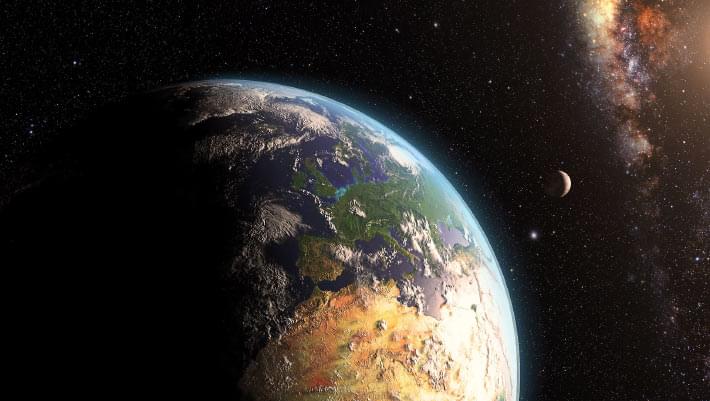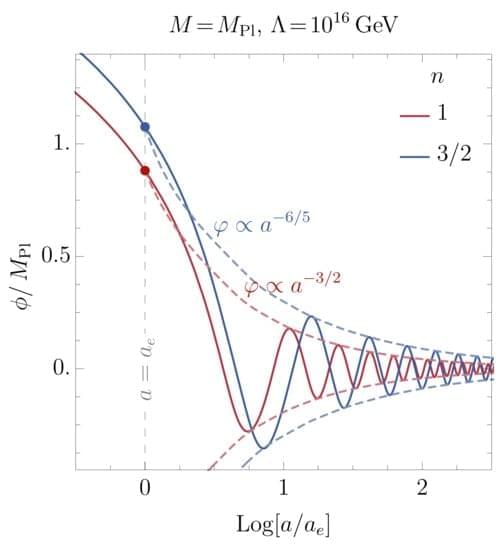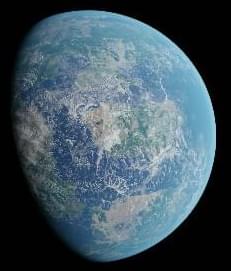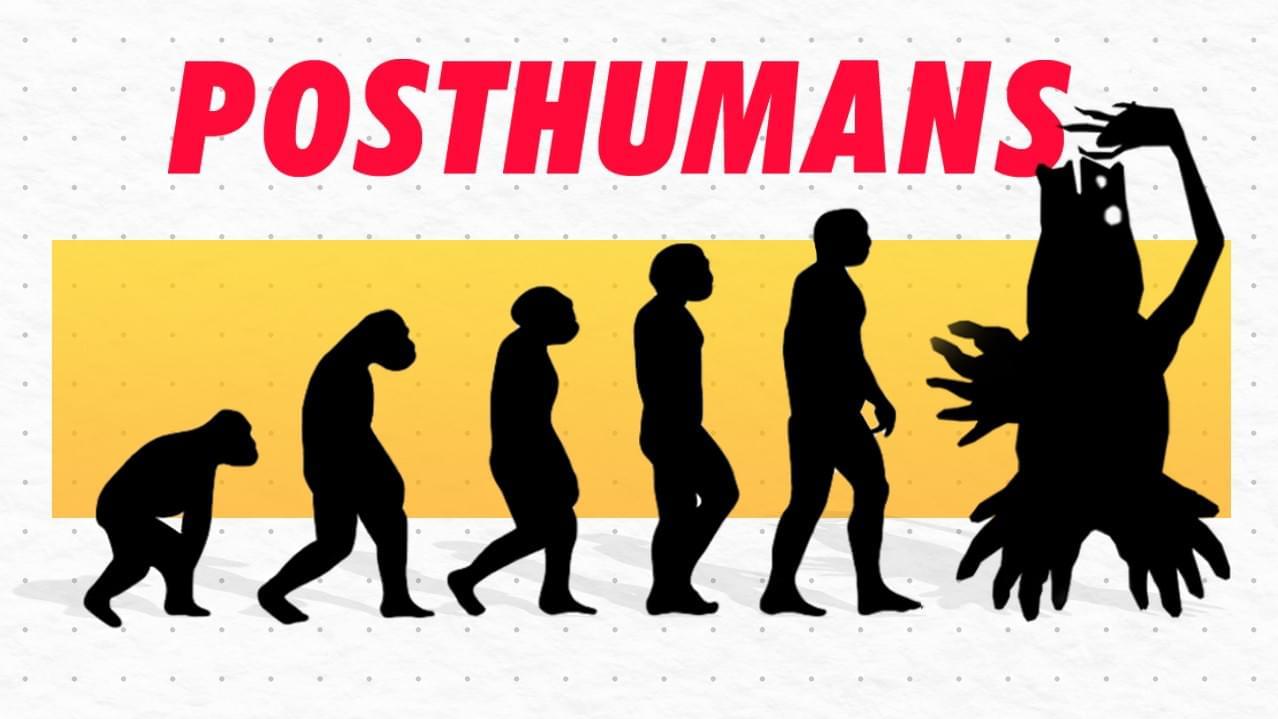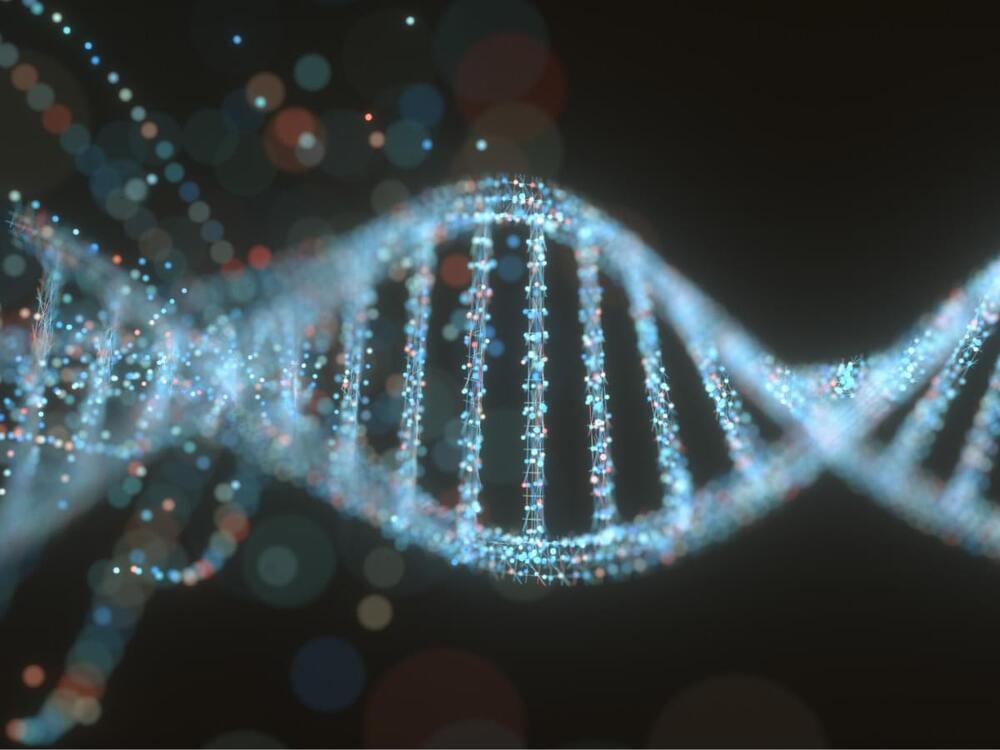
Daniel Dennett, who died in April at the age of 82, was a towering figure in the philosophy of mind. Known for his staunch physicalist stance, he argued that minds, like bodies, are the product of evolution. He believed that we are, in a sense, machines—but astoundingly complex ones, the result of millions of years of natural selection.
Dennett wrote more than a dozen books, some of them aimed at a scholarly audience but many of them directed squarely at the inquisitive non-specialist—including bestsellers like Consciousness Explained, Breaking the Spell, and Darwin’s Dangerous Idea. Reading his works, one gets the impression of a mind jammed to the rafters with ideas. As Richard Dawkins put it in a blurb for Dennett’s last book, a memoir titled I’ve Been Thinking: “How unfair for one man to be blessed with such a torrent of stimulating thoughts.”

